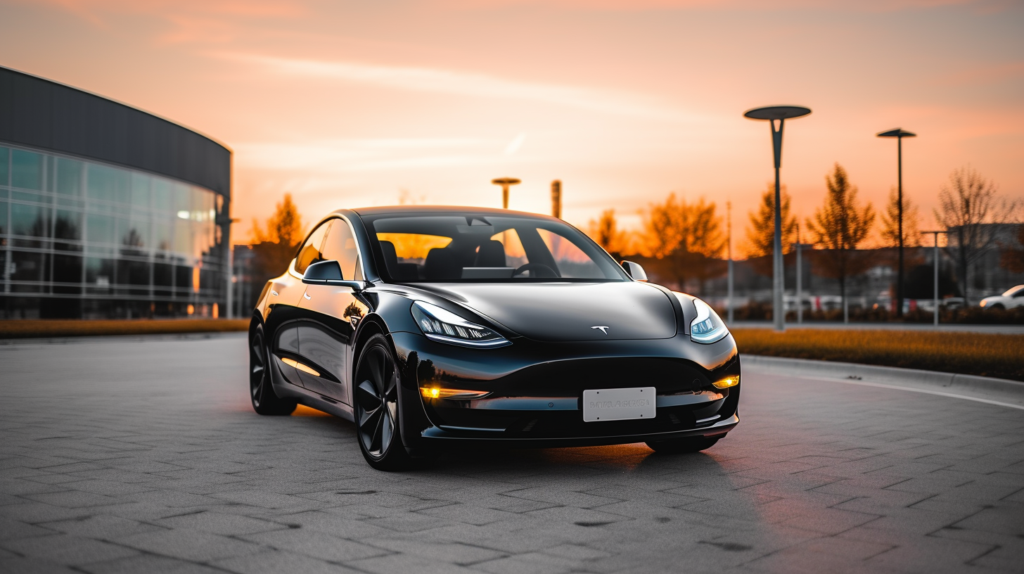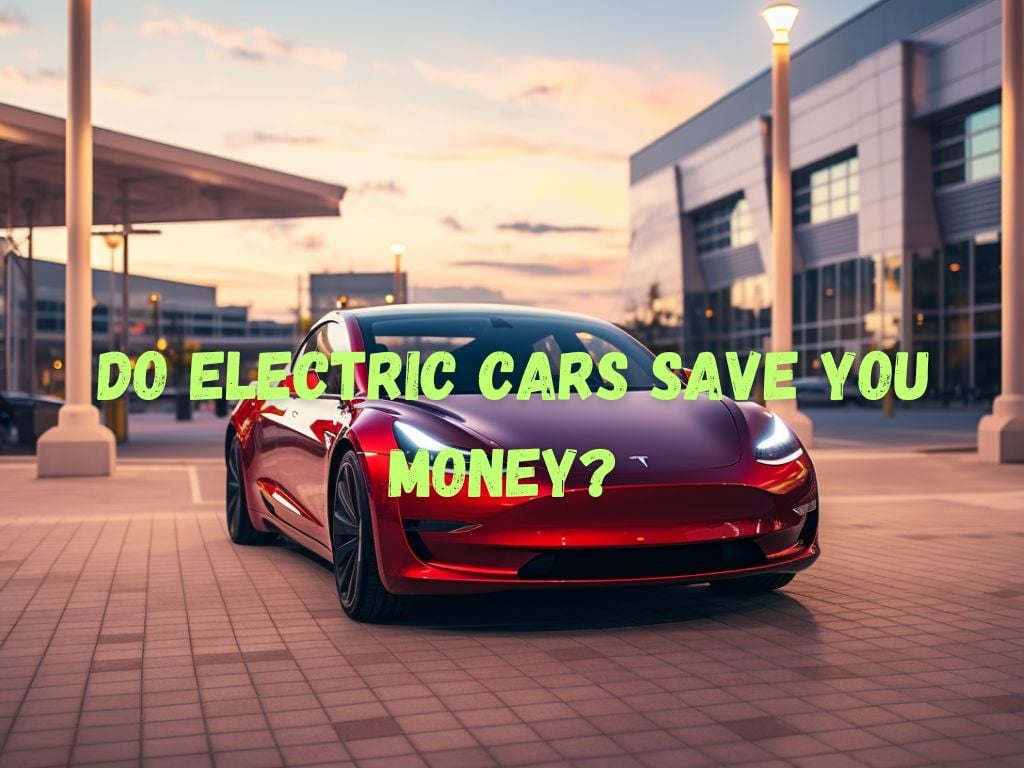Electric cars have gained tremendous popularity in recent years as a sustainable transportation alternative.
Beyond their positive environmental impact, one key question remains: do electric cars save you money?
In this comprehensive analysis, we will dive into the various cost aspects of owning an electric car, comparing upfront costs, fuel and energy expenses, maintenance and repair costs, tax benefits, insurance savings, resale value, and other hidden considerations.
By the end of this article, you’ll have a clearer understanding of the financial implications of electric car ownership.
Do electric cars save you money?
Electric cars can save you money while being cost-effective in the long run, but it depends on various factors such as individual driving patterns, electricity costs, and upfront purchasing costs.
Conducting a detailed cost analysis can help determine the financial viability based on personal circumstances.

Upfront Costs and Incentives
When considering purchasing an electric car, the upfront cost is often a significant factor. Comparing electric car prices to gasoline-powered vehicles, it may initially seem that electric cars are pricier.
However, it’s important to take into account available government incentives and tax credits that can significantly reduce the purchase price.
Additionally, charging infrastructure plays a role in upfront costs. While there is a growing network of charging stations, the accessibility and availability of charging stations in your area may impact your decision.
Understanding the cost differences between home charging and public charging options will also be crucial in assessing the overall financial impact.
Fuel and Energy Costs
One of the major advantages of electric cars is their lower fuel and energy costs compared to traditional gasoline vehicles.
To accurately evaluate the savings, we need to compare the cost per mile for electric cars vs. gasoline-powered counterparts.
Electric cars generally have a lower cost per mile due to the lower cost of electricity compared to gasoline. However, it’s important to consider electricity rates and the fluctuation in fuel prices to make an informed decision.
Calculating the energy consumption for different electric car models will further enable us to understand the cost of energy consumption. By comparing this with gasoline expenses, we can gain valuable insights into the long-term savings of electric cars.
An additional factor to consider is time-of-use rates, where electricity is cheaper during off-peak hours. Taking advantage of these rates can lead to further savings. Moreover, exploring renewable energy sources contributes to both environmental and financial benefits.
Maintenance and Repair Costs
Electric cars have fewer moving parts compared to traditional vehicles, leading to lower maintenance requirements and costs. The simplified mechanics of electric cars result in fewer visits to the mechanic and reduced expenses.
Comparative studies have shown that electric cars tend to have lower repair and maintenance costs over the long term.
Battery life is a crucial consideration, with the analysis of battery lifespan and potential replacement costs forming an integral part of the cost-saving assessment.

Tax Benefits and Insurance Savings
Government incentives and tax credits often play a significant role in the overall cost of owning an electric car.
These incentives can significantly reduce the purchase price and decrease the upfront costs. It’s essential to explore available tax credits and incentives, including state-specific benefits, to understand the potential savings.
Regarding insurance premiums, electric car owners may benefit from comparatively lower insurance rates due to factors like lower maintenance costs and reduced risk of accidents.
Understanding the factors that affect insurance rates for electric cars will aid in assessing potential insurance savings.
Resale Value and Depreciation
Electric cars have been historically known to retain their value more effectively than traditional vehicles. Evaluating the resale value of electric cars compared to their gasoline counterparts provides valuable insight into long-term savings.
Additionally, understanding the various factors that influence electric car depreciation rates helps form a complete picture of the financial prospects of owning an electric car.
Hidden Costs and Considerations
While electric cars bring about numerous potential savings, it’s crucial to consider hidden costs as well.
Charging equipment and installation costs can have a substantial financial impact, especially if you need to install a home charging station. However, the convenience of at-home charging may offset these expenses.
Battery degradation is another aspect to consider. Over time, electric car batteries can experience degradation, impacting range and performance.
Evaluating factors affecting battery lifespan and potential costs of battery replacement is essential for a comprehensive cost analysis.
Frequently Asked Questions
How long does it take to recoup the upfront cost of an electric car?
Recouping the upfront cost of an electric car depends on factors such as the purchase price, potential tax incentives, energy costs, and driving habits.
While it can take several years to offset the initial cost, the savings in fuel and maintenance expenses over time can make it financially rewarding.

Are there additional costs associated with owning an electric car?
Apart from the upfront costs, there may be additional expenses like the installation of a home charging station or potential battery replacement costs. Considering these aspects is important for an accurate assessment of overall expenses.
Can electric cars help reduce overall maintenance expenses?
Yes, electric cars generally have lower maintenance costs compared to traditional vehicles due to fewer moving parts and simplified mechanics. Reduced visits to the mechanic and fewer repairs can contribute to significant savings over time.
Is it worth switching to an electric car just to save money?
While financial savings are a consideration, it’s important to evaluate other factors as well, such as environmental impact and personal driving preferences. Conducting a cost analysis specific to your situation will help determine if the financial benefits align with your goals and priorities.
Conclusion
Deciding whether electric cars save you money requires a comprehensive evaluation of multiple factors.
From upfront costs and incentives to fuel and energy expenses, maintenance and repair costs, tax benefits, insurance savings, and hidden considerations, it’s crucial to analyze the financial implications thoroughly.
By assessing these aspects and considering your personal circumstances, you’ll be able to make an informed decision that aligns with both your budget and sustainability goals.
Transitioning to an electric car can provide long-term savings, benefiting both your wallet and the environment.


 Tags:
Tags:










